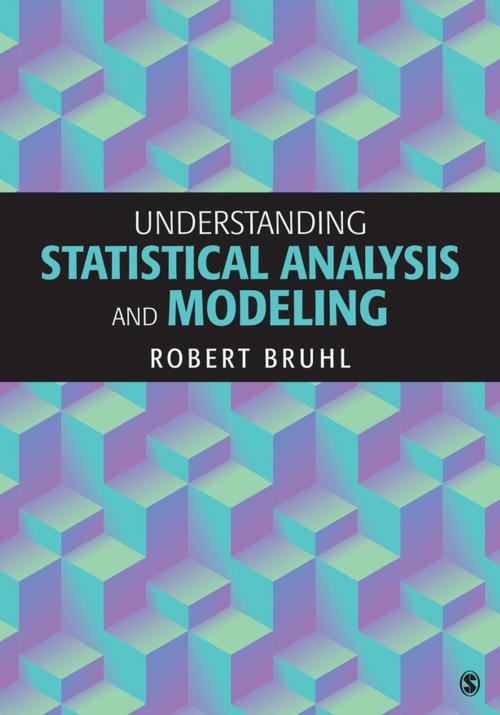Understanding Statistical Analysis and Modeling
Nonfiction, Social & Cultural Studies, Social Science, Statistics, Reference & Language, Reference, Research| Author: | Robert H. Bruhl | ISBN: | 9781506317373 |
| Publisher: | SAGE Publications | Publication: | November 15, 2017 |
| Imprint: | SAGE Publications, Inc | Language: | English |
| Author: | Robert H. Bruhl |
| ISBN: | 9781506317373 |
| Publisher: | SAGE Publications |
| Publication: | November 15, 2017 |
| Imprint: | SAGE Publications, Inc |
| Language: | English |
Understanding Statistical Analysis and Modeling is for readers in the social, behavioral, or managerial sciences mathematics to understand the logic of statistical analysis. Robert Bruhl covers all the basic methods of descriptive and inferential statistics in an accessible manner by way of asking and answering research questions. Concepts are discussed in the context of a specific research project and the book includes probability theory as the basis for understanding statistical inference. Instructions on using SPSS***®*** are included so that readers focus on interpreting statistical analysis rather than calculations. Tables are used, rather than formulas, to describe the various calculations involved with statistical analysis and the exercises in the book are intended to encourage students to formulate and execute their own empirical investigations.
Understanding Statistical Analysis and Modeling is for readers in the social, behavioral, or managerial sciences mathematics to understand the logic of statistical analysis. Robert Bruhl covers all the basic methods of descriptive and inferential statistics in an accessible manner by way of asking and answering research questions. Concepts are discussed in the context of a specific research project and the book includes probability theory as the basis for understanding statistical inference. Instructions on using SPSS***®*** are included so that readers focus on interpreting statistical analysis rather than calculations. Tables are used, rather than formulas, to describe the various calculations involved with statistical analysis and the exercises in the book are intended to encourage students to formulate and execute their own empirical investigations.















